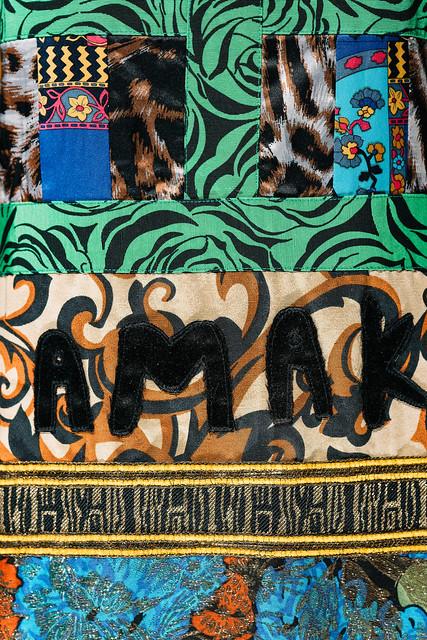Djénné
Overview
Historical Significance
Djénné is one of the oldest cities in sub-Saharan Africa, with a history that dates back over a thousand years. It is renowned for its remarkable architectural heritage, particularly the Great Mosque of Djénné, a UNESCO World Heritage Site. This mud-brick structure is a stunning example of Sahelian architecture and serves as a central piece of the city’s identity. The mosque, originally built in the 13th century and reconstructed in 1907, epitomizes the artistry of local craftsmen and the traditional building techniques passed down through generations. The city was a vital trading post within the ancient trans-Saharan trade routes, making it a melting pot of cultures, languages, and religions over the centuries.
Cultural Vibe
The atmosphere in Djénné is vibrant and bustling, with a unique blend of traditional and contemporary life. The city's markets are a sensory delight, filled with colorful textiles, intricate pottery, and aromatic spices. The Djénné market, held on Mondays, is one of the largest in West Africa and attracts vendors and shoppers from far and wide. The lively interactions, the sounds of bargaining, and the rich array of goods create an exhilarating experience for visitors. The local population is primarily composed of the Bambara and Fulani ethnic groups, who maintain their customs and traditions while embracing the influences of globalization.
Architectural Wonders
Beyond the Great Mosque, Djénné is adorned with traditional mud-brick houses, reflecting the architectural style of the region known as "banco." The structures are built using a mixture of mud and straw, giving them a distinctive appearance and excellent insulation properties. Wandering through the narrow, winding streets, travelers can admire the intricate facades and decorative elements that embody the local artisans’ craftsmanship. Notably, the annual festival of the Great Mosque is a spectacle not to be missed. During this event, the community comes together to perform maintenance on the mosque, showcasing a unique sense of unity and cultural pride.
Local Characteristics
Djénné is also known for its rich cultural practices, including music, dance, and storytelling. The city hosts various cultural festivals throughout the year, where visitors can immerse themselves in traditional performances and learn about the local folklore. The people of Djénné are known for their hospitality, making it a welcoming destination for travelers. Engaging with locals can offer a deeper understanding of the city’s history and traditions, as many residents are eager to share their stories and experiences.
Natural Beauty and Surroundings
Nestled along the Bani River, Djénné is surrounded by lush landscapes and breathtaking scenery. The river is not only crucial for the local economy but also offers opportunities for eco-tourism and exploration. Visitors often embark on boat trips to observe the diverse wildlife and enjoy the serene environment. The nearby Pays Dogon, a UNESCO World Heritage Site famous for its dramatic cliffs and unique culture, is another must-visit attraction that complements the journey to Djénné, providing travelers with an even richer experience of Mali’s cultural tapestry.
Other towns or cities you may like in Mali
Explore other cities that share similar charm and attractions.



